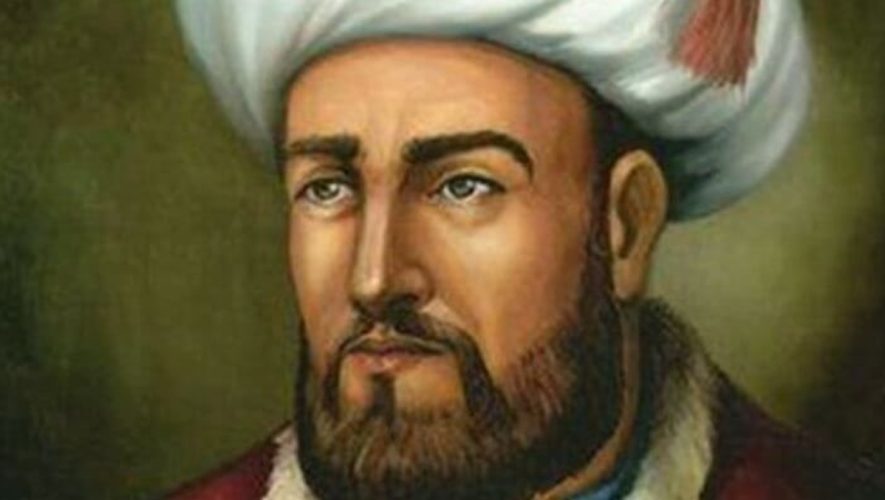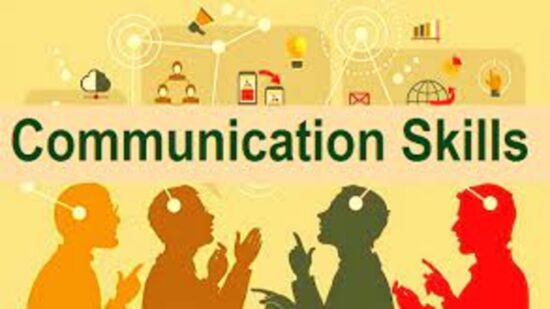Abu Hāmed Mohammad ibn Mohammad al-Ghazzālī (1058–1111) (Persian: ابو حامد محمد ابن محمد الغزالی), known as Imam Ghazali or Algazel to the western medieval world, born and died in Tus, in the Khorasan province of Persia (modern day Iran) was a Persian Muslim theologian, jurist, philosopher, and mystic.
Imam Ghazali was born in at Ghazala near Tus in 1058 A. D. He is called Ghazali because he was born at Ghazala and also his father was known as Ghazali by his profession. His early education took place in Tus and he moved to Jarjan and finally migrated to Nishapur to acquire learning from the most learned man of the time Abul-Maalai. He possessed the great ability of clear expression and of addressing the people. He used to lecture before audiences of three hundred and even more great learned man in his time to their satisfaction. He used to live in Syria Egypt, Mecca and Madina. He used to wandering here and there while contemplating and thinking of the sufferings of mankind at the same time.
Imam Ghazali wrote several books nearly 78 on many subjects like tafsir, jurisprudence, hadith, politics and education. Some of his famous writings are Cheemai-i-Saadat, Mairajus-Salikeen and Aqeedat-i-Misbah and Ihya-ul-Ulummidin. He is regarded as a reviver and Imam or leader by a millions of Muslims today.
He focuses spiritual and also emphasis materialistic development of man. According to Ghazali worldly business is important for the peace of mind and for a pleasant life. He advises the people to get the basic necessities of life and forbid them to indulge in luxurious life. He believes that man should work and labor because God has made this world for that purpose.
Imam Al-Ghazali’s Concept of Education
Imam al-Ghazali is one of the greatest reformers Islam has produced. His multifaceted service for Din has been acclaimed by the academia through centuries. One of his masterpieces is the Ihya Ulum al-Din (the regeneration of sciences). ‘Ulama say that, should all the books on different disciplines be burnt out, this book is sufficient to recreate them. One of the most appealing topics of this book is the chapter on Knowledge, where the great Imam shed light as to what is knowledge. He has divided knowledge into two parts:
- Religious knowledge (Ilm al-‘Áliyah’ )
- Secular (or instrumental) knowledge (Ilm al-Áliyah).
The former is acquired from the Qur’an and Sunnah. It is the most dignified knowledge and it is without doubt. The second type of knowledge is needed to enhance the understanding of the former since it was a revelation. Imam al-Ghazali subdivided the secular subjects into three subcategories:
1. Beneficial Knowledge
This encapsulates those sciences that will benefit society and helps it to progress, e.g. medical knowledge and mathematics. Accordingly, the acquisition of these sciences and disciplines is Fard al-Kifayyah, i.e. if nobody acquires it, then the entire Muslim community of a particular locality will be sinful.
2. Neutral Knowledge
This category encapsulates those disciplines that will not really enhance one’s beneficial knowledge but there is nothing wrong if they are studied, e.g. the history of England.
3. Harmful Knowledge
This category comprises of those disciplines which are harmful, such as black magic and gambling. It is therefore, haram to acquire such knowledge.
Curriculum and Ghazali’s Philosophy
Ghazalis’s philosophy came more time was devoted to religious education and he opined that equal attention needed to pay both to religious and secular education and suggested to incorporate useful subjects in the curriculum. He considered logic essential for intellectual development and thinking. He also emphasized religious and moral education of learners. He regarded religious instructions important for the goodness of character. He emphasized to include religion in the curriculum. Imam Ghazali first time identified compulsory and optional subjects for the curriculum and insited the learners to learn the compulsory subjects.
Aim of Education and Imam Ghazali
Character and personality development of the learner is the main purpose of education in the point of view of Imam Ghazali. Education should promote desirable traits and behavior of individuals. Individual is good by nature but people lead him towards the good or bad in the society. Education should enable the learners to distinguish between true and false, good and bad, right and wrong doings. He advocated that controversial issues should be taken out from the curriculum and Quran and Sunna are made part of it. Imam Ghazali advocated the need of moral education both in theory and practice. Imam Ghazali held parents responsible for their children education at earlier education. He made education compulsory for both man and woman.
Imam Ghazali and Methods of Teaching
Ghazali’s method of education appears modern than the educationists’ of contemporary society. He is in favor of conducting lessons in an interesting way. He made teaching aids part of a routine lesson so that the students will be able to participate in the lesson. The teacher should develop the lesson according to the learning level of the students. The teacher should proceed from simple to complex and from concrete to abstract. He favored lecture, participation of students in the teaching and learning process, discussion and tutorials.
Discipline and Imam Ghazali’s philosophy
Imam Ghazali forwarded very important views about discipline. He is not in favour of maintaining discipline on the basis of fear and intimidation. Discipline should be maintained on the basis of love and understanding. He is in favour of developing a good relationship between the students and the teachers. The teacher should not scold the students and treat them with kindness and sympathy. The teacher should act as a role model for the students. He is deadly against of using punishment in educational institutions, because it did not bring any positive result in the learners. It does not encourage students to be creative and flourish their minds.
Conclusion
Imam Ghazali was a great Muslim educationist and presented many fruitful theories, aims, methods and curriculum of education. He suggested a utilitarian type of education to enable the learner to carry a successful vocation and profession. He emphasized personal experiences and teacher- pupils’ relationship. The same views have been presented by the modern educationist even after lapsing of one thousand years. Whatever he had presented many years before is implemented today. He was a great educator.
OTHER RELATED POSTS



